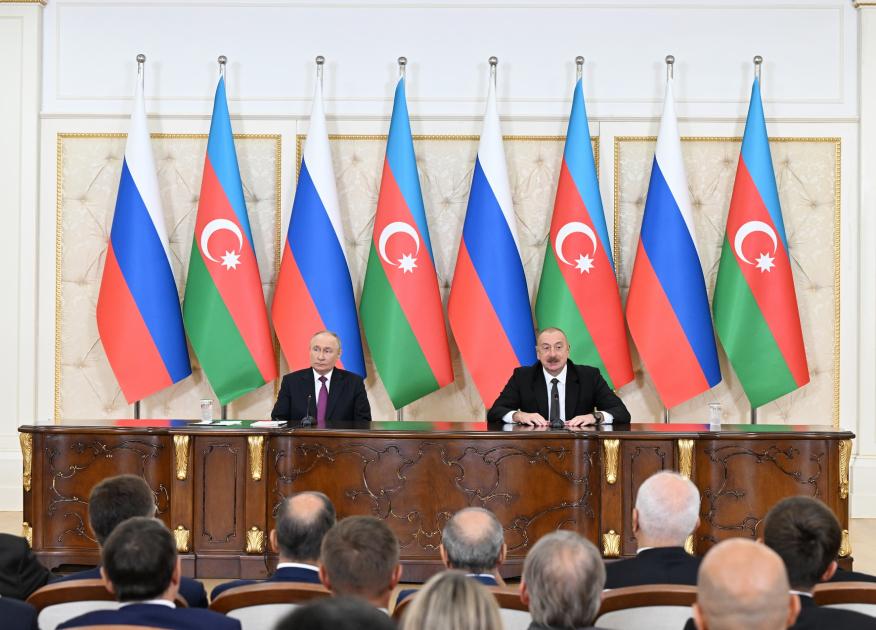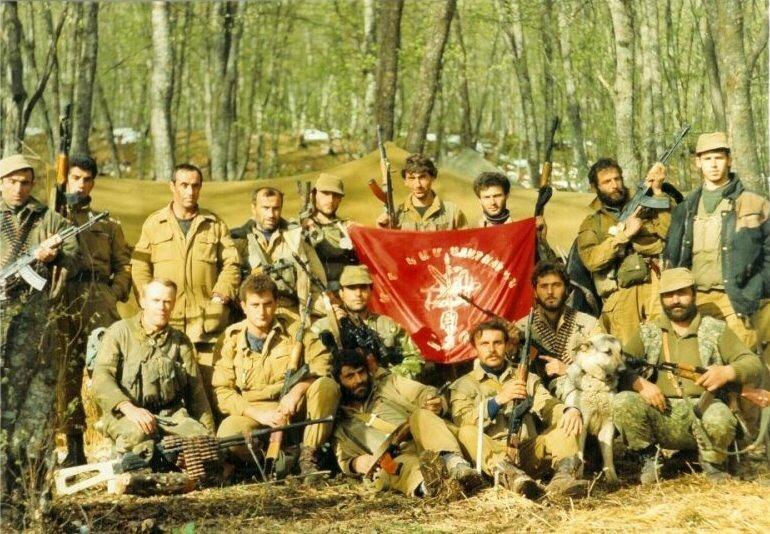Azerbaijan's multi-vector diplomacy in action Rejecting simplistic narratives
Do you remember the phrase, "Are you a fool or just pretending?" It comes to mind when reading some comments regarding the recent visit of Russian President Vladimir Putin to Azerbaijan and the country's expressed interest in joining BRICS.

Many people have commented on this topic, some thoughtfully, others hastily, given the significance of the issue. I have no desire to repeat or reinterpret what has already been said. Instead, I want to ask those who are tearing their shirts and shouting "sold out to the Kremlin," "Azerbaijan is a forever ally of Russia," "Baku is not a friend to the West" just one question: What exactly has happened? Multi-vector diplomacy and the ability to manoeuvre have always been a hallmark of Azerbaijani foreign policy. Baku has always aimed to navigate the complex relationships between East and West, and generally succeeded. These relationships have never been simple, and now there’s also the Global South on the horizon—a new dynamic to consider.
This approach was initiated by Heydar Aliyev as a strategic counterbalance to Elchibey's narrow, pro-Ankara policy. The late Elchibey was a patriot of his country, but in terms of governance… well, let’s not dwell on the negative.
Türkiye has always been and remains a brotherly country to us, but this doesn’t mean we must align ourselves with one party at the expense of alienating others. By skillfully leveraging its undeniable advantages—economic, geographic, cultural, and more—official Baku, under the leadership of the Aliyevs, is steadily pursuing its goals, integrating as needed into the flow of global political currents. After all, do relatively small countries have any other choice? Or does anyone suggest that Azerbaijan should adopt the well-known phrase "we will go our own way"? One can choose to go their own way, but where exactly does that lead?
Perhaps some have forgotten who helped Armenia achieve success in the 1990s, enabling it to occupy Azerbaijani territories and displace hundreds of thousands of Azerbaijanis. Who bore the cost when Armenia contemptuously dismissed Baku’s attempts at negotiation? Let me remind you: it was Russia and the West. One player openly and shamelessly indulged Armenian appetites, while the other delicately looked away, occasionally offering symbolic sighs and public reprimands to the enraged Dashnakism (Armenian nationalism). However, behind closed doors, they patted them approvingly on the back and clearly advised Azerbaijan to "give up hope."

Our "friends" in Iran have never forgiven—and likely never will forgive—Baku's refusal to "graze" in the pastures of political Islamism. Similarly, certain "advocates" from Arab countries struggle to understand why their attempts to infringe on the religious freedoms of Azerbaijani citizens are resisted. Both groups occasionally bristle at our ties with Israel. Moscow isn’t pleased with our relations with Kyiv, while in Kyiv, some believe Azerbaijan isn’t taking a firm enough stance against Russia.
Let me remind you: Baku isn’t just moving toward its goals—it’s achieving them. Karabakh is the most striking example of this. Recently, the voices of some local detractors have resurfaced (forgive me, but there's no other word for them). These are the same people who once vehemently argued that Ilham Aliyev would never dare to seriously address the occupation of our lands. After 2020, they claimed we had liberated some areas, but not completely, insisting that we’d never regain the territories still under Armenian control and that Russian peacekeepers ("Russian soldiers!!!") would never leave Karabakh. And what happened? I don’t hear them anymore. Is it the effect of reality sinking in, or is it just the pressure getting to them? Oh, what a shame...

If BRICS is of interest to us, then starting the process of joining is the logical first step. The process is long and challenging. If, at some point, BRICS no longer aligns with our interests, we can simply step back. But if its relevance grows, we’ll intensify our efforts to join more quickly. Any questions? Who, exactly, are we supposed to be at odds with?
To please whom? The idea that if we’re not fully with you, we must be against you—absolutely not! This simplistic formula, popularized by George W. Bush and echoed in various corners of the world, doesn't work for us. We reject it outright. Are we obligated? Then we have a question for you: "Are you just pretending to be fools?"
The article was originally written in Russian








